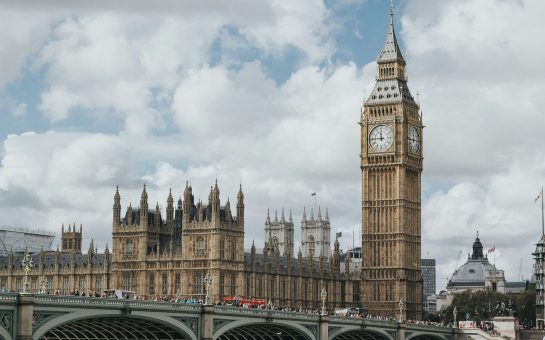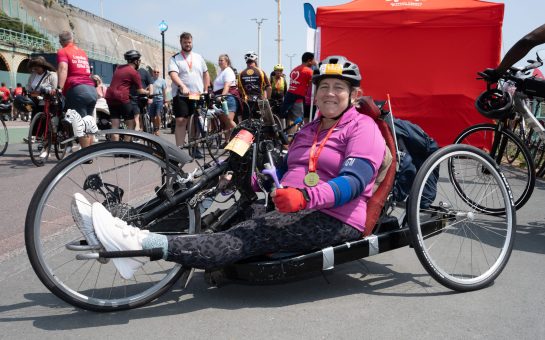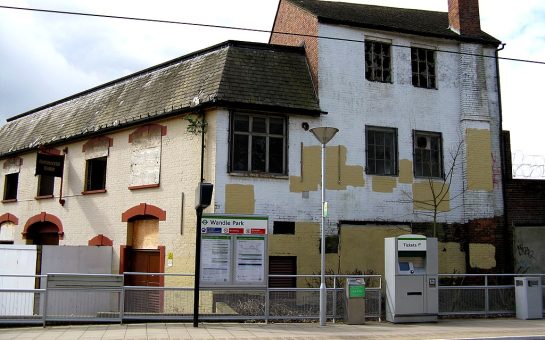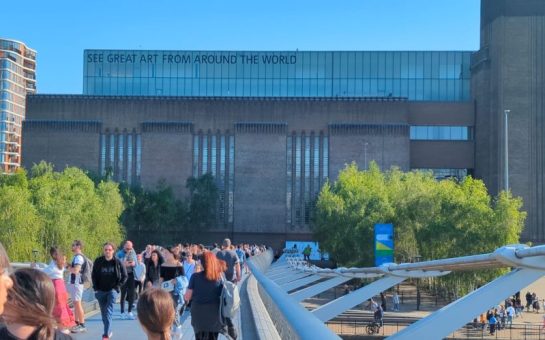In the run-up to London’s mayoral election in May, a refugee charity has urged candidates to prioritise refugee homelessness.
This week, Refugee Council launched ‘Keys to the City’, a campaign calling on candidates like current mayor Sadiq Khan to pledge support for the cause.
It follows research that revealed those leaving the asylum system are systematically at risk of homelessness.
Lisa Doyle, Director of Advocacy at Refugee Council, said: “With the mayoral election coming up in May, we wanted to reach out to the candidates and raise awareness of this issue going on in the city.
“We want to ask them to commit to setting up a scheme that could help stop refugees from becoming homeless.”
The campaign calls for City Hall funding to help refugees afford tenancy deposits.
Impossible rent deposits
The campaign follows a Refugee Council study that found while more people were able to access private tenancy during the pandemic, one in three still could not.
This is partially due to London’s growing housing crisis.
Refugees often encounter landlords asking for deposits that are usually well over £1000.
After 28 days in asylum accommodation, they are evicted and often struggle to secure funds for deposits.
Ray, a 31-year-old Namibian refugee, said: “You get your status and you’re excited to get on with your life but then you get another knock.
“I only had 28 days to find somewhere, it was impossible. I applied to around 40 landlord’s but nobody gave me a chance, they all rejected me.”
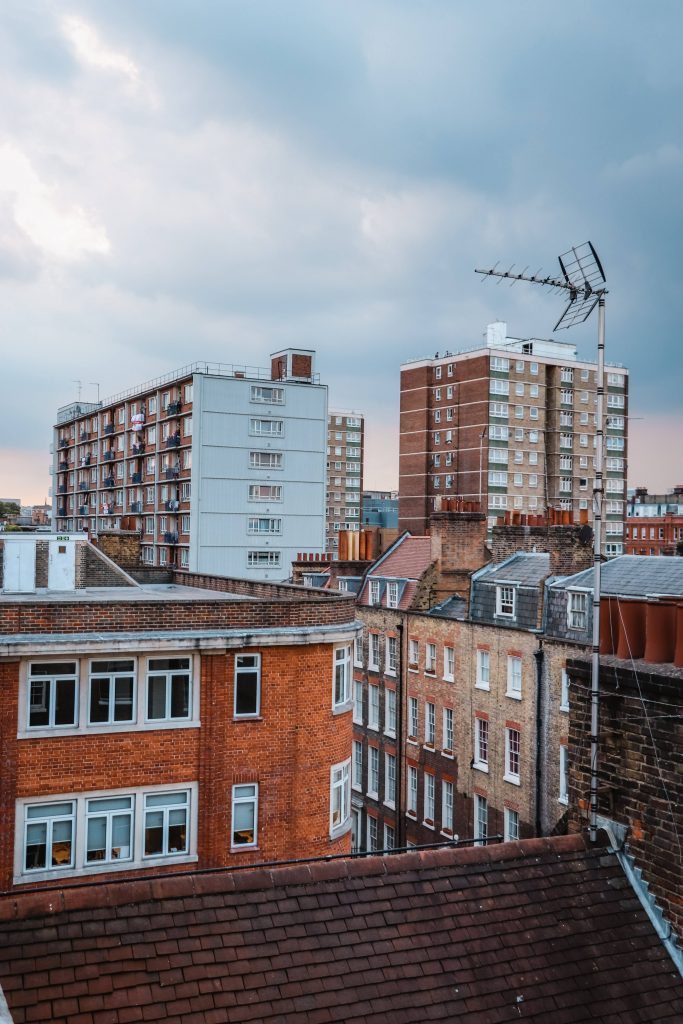
Contributing factors include how refugees can’t work while their asylum claim is processed, and the minimum of 35 days wait before receiving Universal Credit.
Lisa argued: “The 28 days and the 35 days are incompatible.
“It means someone who’s been receiving a very low level of asylum support can’t get that alternative means of income.”
In the past two years, over 98% of refugees approaching the Refugee Council’s own Private Rented Scheme were homeless.
The need for consistency
Though help does exist among local authorities, Refugee Council claims it varies substantially from borough to borough.
After issuing Freedom of Information requests to 27 local authorities, 26 councils said they operated their own Private Rented Schemes.
However, some showed confusion as to whether refugees were eligible to receive public funds.
Lisa said having the next London mayor on-board with the campaign would ensure a consistent approach.
She said: “This campaign is about getting people who care about this issue to push it forward with politicians and show that London is a welcoming place for refugees.”
